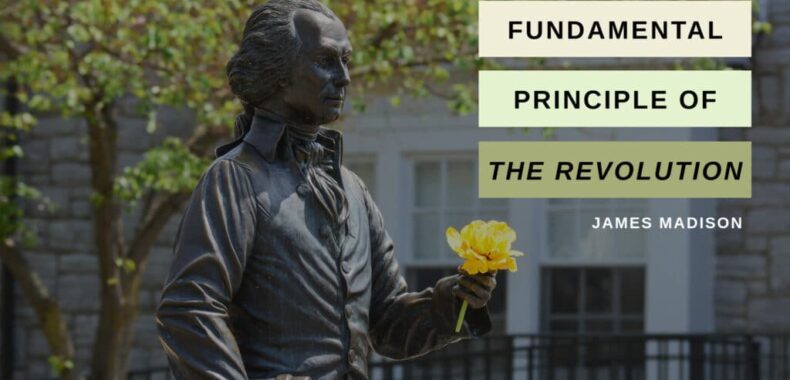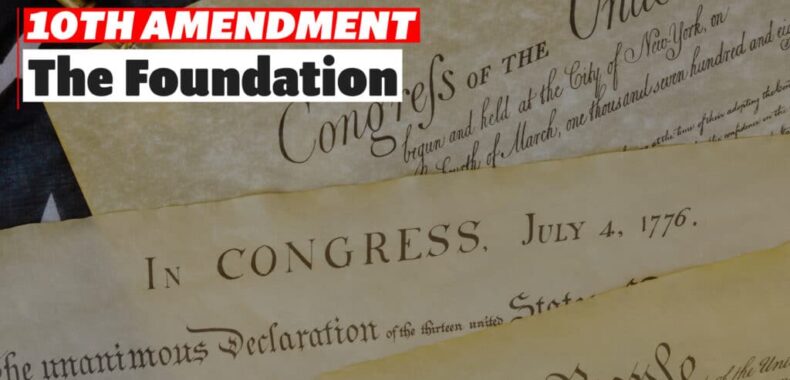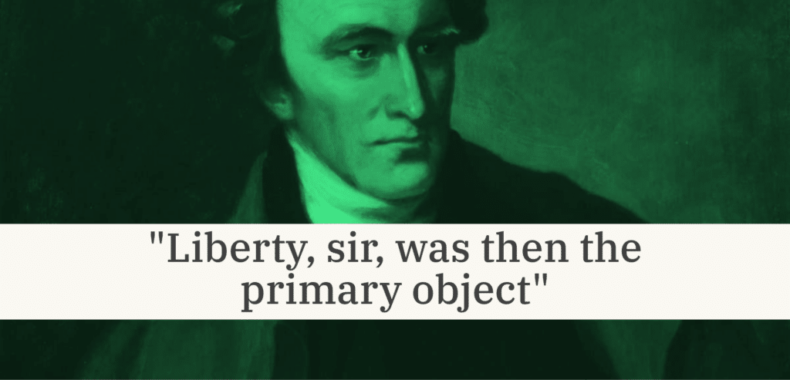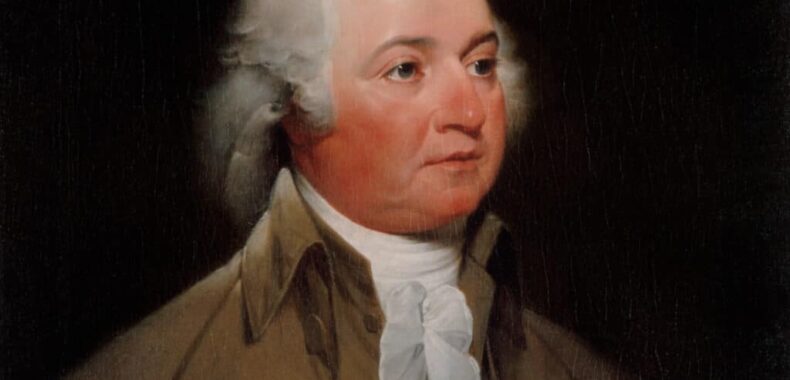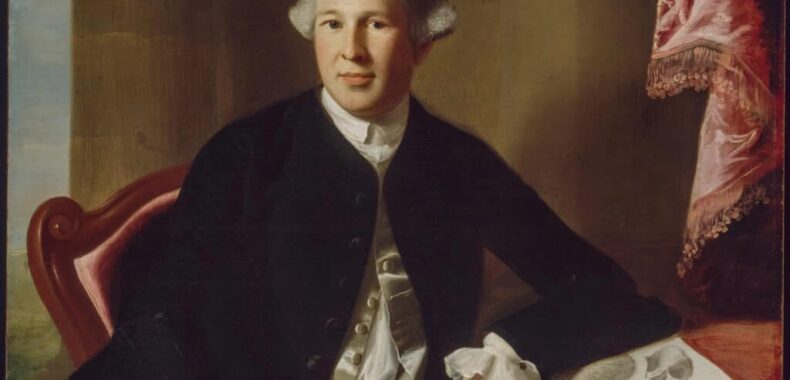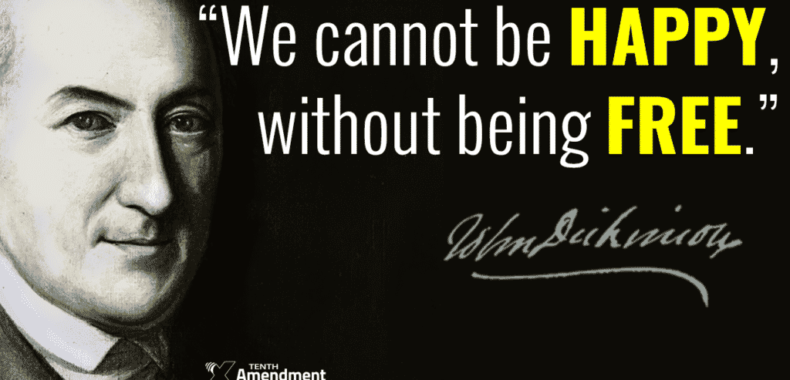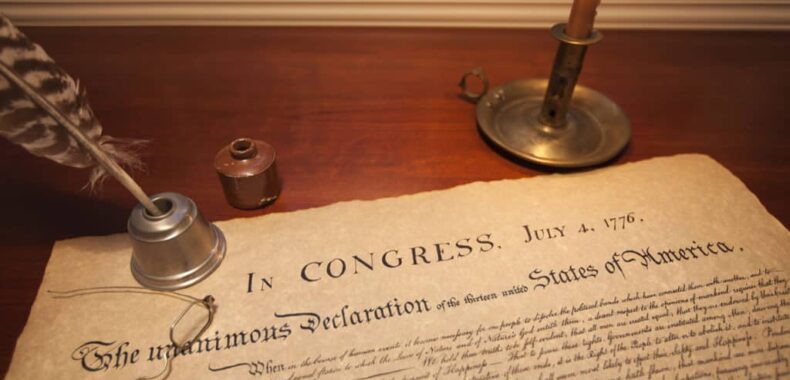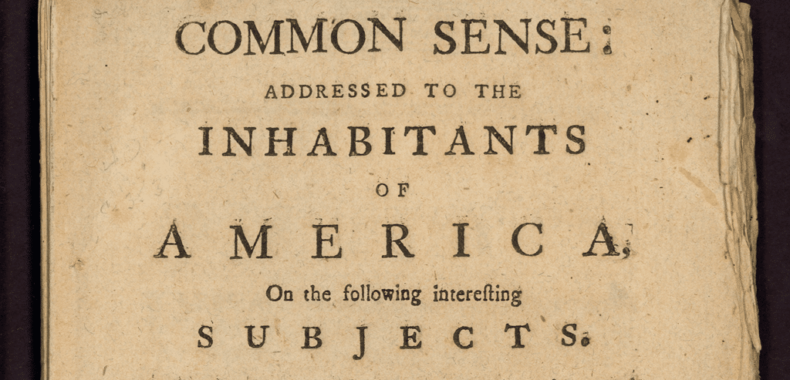Benjamin Franklin’s Brilliant Satire: Exposing British Hypocrisy Through a Fake Prussian Edict
By: Mike Maharrey As frustrations with usurpations and arbitrary power from the British government grew, American colonial leaders fired up the presses, producing hundreds of newspaper articles, pamphlets, and ...
Read more.James Madison on the Ignored “Fundamental Principle of the Revolution”
By: Mike Maharrey Forget schoolhouse history. James Madison exposed a much deeper truth about the American Revolution. It wasn’t just “taxation without representation.” He argued that This clash, Madison declared, ...
Read more.Power From the People: The Revolutionary Roots of the 10th Amendment
By: Michael Boldin Thomas Jefferson called the 10th Amendment the “foundation of the Constitution,” and for good reason too. It enshrines many of the radical principles that sparked the ...
Read more.No Deal for Gun Control: How the American Revolutionaries Defied the Empire
By: Michael Boldin June 12, 1775 – less than 2 months after Lexington and Concord and the “shot heard ‘round the world,” General Gage made an offer he felt ...
Read more.Patrick Henry’s Virginia Resolves: Bedrock Principles of American Liberty
By: Michael Boldin On his 29th birthday – May 29, 1765 – Patrick Henry helped spark the American Revolution. His Virginia Resolves against the Stamp Act not only dared to ...
Read more.John Adams: Patriot and Tyrant?
By: Mike Maharrey Many revere John Adams as a great patriot. Others view him as a big-government tyrant. The truth probably lies somewhere in between. Adams was a prominent leader during ...
Read more.Today in History: “Solemn League and Covenant” Published
By: Mike Maharrey Today in history, on June 5, 1774, the Boston committee of correspondence approved and published the “Solemn League and Covenant,” an agreement to boycott British goods. The covenant was ...
Read more.Who are a Free People?
By: Michael Boldin WHO ARE A FREE PEOPLE? It’s a question that’s rarely asked – or explored. But John Dickinson, the “Penman of the Revolution,” thought it was incredibly important. He ...
Read more.The Whig (Libertarian) Heritage of America
By: Dan Sanchez Should America embrace libertarianism? Many would regard such a prospect as recklessly experimental. This is partly because they regard libertarianism as some crackpot scheme cooked up in the ...
Read more.Common Sense: A Scathing Attack on Unlimited, Centralized Power
By: Michael Boldin January 10, 1776. Today in history, Thomas Paine published the first edition of Common Sense – a 47 page pamphlet that defended and inspired the cause of independence like no ...
Read more.
